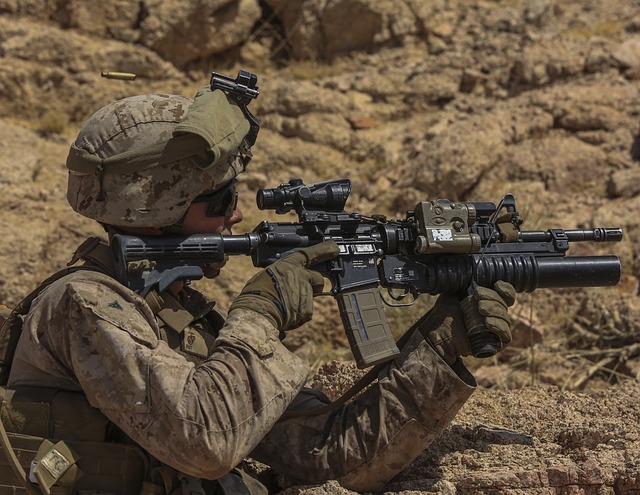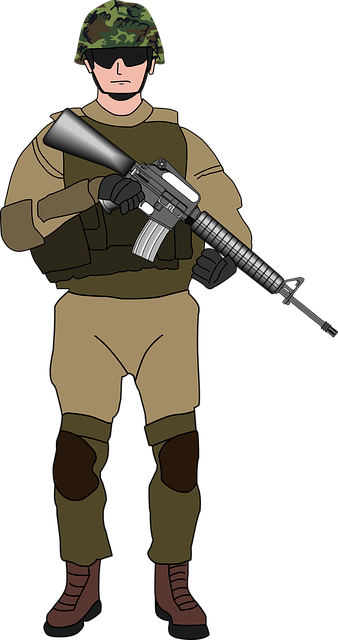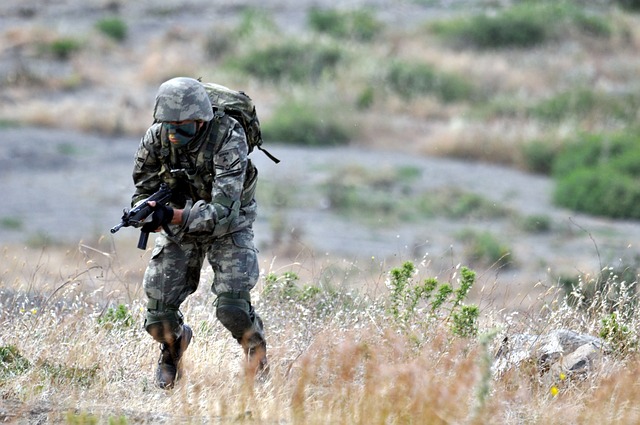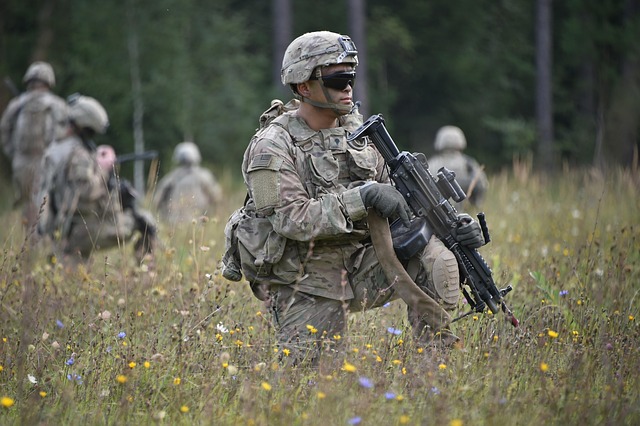The US Army Special Forces, nicknamed Green Berets, are an elite military unit crucial for counterterrorism and special operations worldwide. They excel in direct action, unconventional warfare, and adapting to diverse crises, from training allies to engaging in combat. Their strategic direction, language proficiency, and specialized skills make them indispensable assets, facing ethical challenges like balancing secrecy with civilian protection in urban areas and navigating complex political environments while respecting local customs.
“Unveiling the world of US Army Special Forces, this article explores their pivotal role within national security operations. From the shadows, these elite units orchestrate critical missions, demanding unparalleled skill and preparedness. We delve into their distinct equipment and rigorous training regimens, shaping them for unconventional challenges. Moreover, we examine the ethical dilemmas and strategic significance of modern special operations, shedding light on the US Army Special Forces’ enduring impact on global security.”
- US Army Special Forces: A Brief Overview
- The Role of Special Operations in National Security
- Equipment and Training: Preparing for Unconventional Missions
- Challenges and Ethical Considerations in Modern Special Ops
US Army Special Forces: A Brief Overview

The US Army Special Forces, commonly known as the Green Berets, are an elite military unit renowned for their versatility and specialized skills. This formidable force is designed to conduct operations in hostile, denied, or politically sensitive environments where conventional forces may face significant challenges. With a rich history dating back to the Vietnam War, the Special Forces have evolved to become a critical component of America’s counterterrorism efforts.
Their training regimen is rigorous and selective, ensuring only the most qualified individuals are chosen. The Green Berets master unconventional warfare tactics, language proficiency, cultural awareness, and specialized skills like parachuting, surfing, and mountain climbing. This diverse skill set enables them to operate independently or alongside host-nation forces, providing strategic direction, direct action capabilities, and foreign internal defense expertise.
The Role of Special Operations in National Security

The US Army Special Forces, commonly known as the Green Berets, play a pivotal role in America’s national security strategy, particularly in special operations. These highly trained and versatile soldiers are equipped to conduct covert and clandestine missions worldwide, often in challenging and hostile environments. Their expertise lies in direct action, counterterrorism, and counterinsurgency, enabling them to operate independently or as part of joint special operation teams.
Special operations provide unique capabilities that enhance the overall security posture of the nation. The US Army Special Forces’ adaptability allows them to respond swiftly to diverse crises, from training local allies to conducting direct combat operations. Their skills in language, culture, and close-quarters combat give them an edge in navigating complex environments, making them invaluable assets in today’s global security landscape.
Equipment and Training: Preparing for Unconventional Missions

The US Army Special Forces, often referred to as the Green Berets, are renowned for their versatility and adaptability in handling unconventional missions. Their extensive training regimen includes specialized equipment designed to navigate diverse environments, from dense forests to urban settings. This preparation ensures they can operate effectively behind enemy lines or in remote areas where traditional military units might face challenges.
The Special Forces’ arsenal comprises advanced weaponry, communication devices, and tools for surveillance and intelligence gathering. They are trained in guerrilla tactics, allowing them to conduct hit-and-run operations and provide support to local allies. This unique skill set enables the Green Berets to respond swiftly and efficiently to diverse crises, making them an indispensable asset to the Pentagon and other government agencies.
Challenges and Ethical Considerations in Modern Special Ops

The modern world presents unique challenges for special operations units like the US Army Special Forces, often requiring them to navigate complex and highly political environments. With operations extending beyond traditional battlefields, ethical considerations have become increasingly nuanced. One of the primary dilemmas is balancing the need for secrecy and surprise with the potential impact on civilian populations and non-combatants. In densely populated urban areas, for instance, special ops teams must employ strategic tactics to minimize collateral damage and avoid unintended consequences.
Additionally, the evolving nature of conflict demands adaptability and a comprehensive understanding of cultural dynamics. US Army Special Forces operate in diverse settings, where local customs and traditions can significantly influence mission success. Ethical conduct involves respecting these cultural sensitivities while maintaining operational effectiveness, ensuring that special ops personnel are well-trained in cross-cultural communication and awareness to avoid misunderstandings or offensive actions.
The US Army Special Forces play a pivotal role in safeguarding national security through their exceptional capabilities in special operations. By seamlessly integrating advanced equipment, rigorous training, and ethical considerations, these forces are prepared to tackle unconventional missions. Their global presence, as evident in operations at the Pentagon and other government agencies, underscores their indispensability in navigating today’s complex security landscape.
